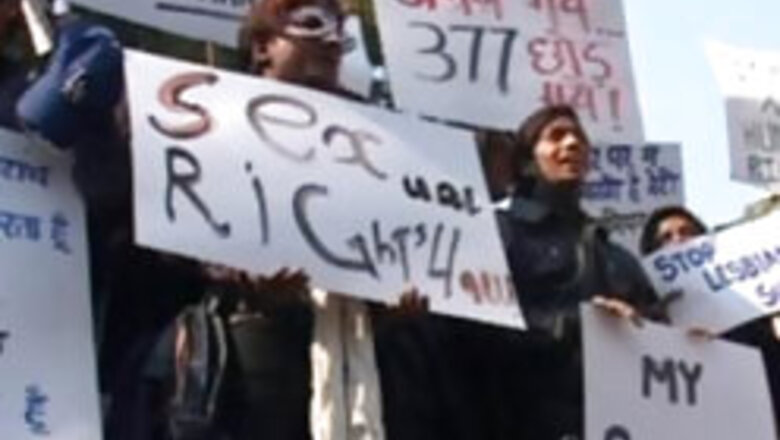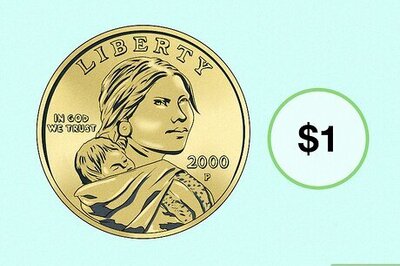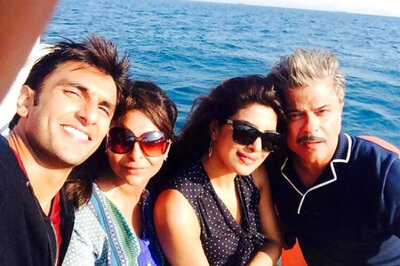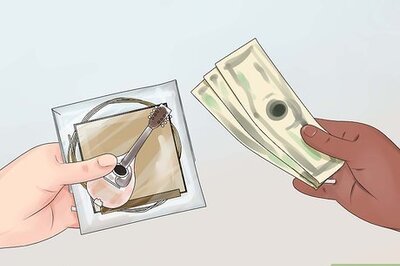
views
New Delhi: In what is being seen as a big blow to the gay rights movement in India, the Union Government has said it will not scrap the controversial Section 377 of the Indian Penal Code that makes homosexuality a punishable offence in India.
The Centre on Friday opposed a petition in the Delhi High Court filed by the NAZ foundation, an NGO supporting gay rights.
The petition challenges the century old, colonial law. The debate over Section 377 has exposed differences within the government.
Health Minister Anbumani Ramadoss had recently come out it in support of gay rights while the Home ministry was opposing it.
Interestingly, Ministries of Home Affairs and Health battled it out against each other in the court with divergent stands on the issue of homosexuality.
While the Home Ministry sought retention of penal provision against homosexual acts, the Health Ministry – just like the Law Ministry has suggested that Section 377 of the IPC which criminalises homosexuality and provides punishment upto life imprisonment be scrapped.
The Union Cabinet before which the matter came up, has not taken a decisive stand on the issue resulting in the situation where two law officers of the Centre will put forward divergent views.
The Government had earlier said that it would file a fresh affidavit on the issue after reconciling differences.
Additional Solicitor General P P Malhotra, who will argue the case on behalf of the government, tried to play down the controversy saying that issue of law point would be raised in the court tomorrow.
"No fresh affidavit has been filed and we would argue on point of law involved in the case and there is no difference between the ministries," he told PTI.
"Enforcement of Section 377 can adversely contribute to pushing the persons suffering from HIV underground which would make such risky sexual practices go unnoticed," said an affidavit filed by the National Aids Control Organisation (NACO), which comes under the Ministry of Health.
Pointing to the vulnerability of homosexuals to HIV infection, the NACO had said that there were around 25 lakh male homosexuals and around eight per cent of them were infected with HIV while in normal people the infection was only one per cent.
"Men Having Sex with Men (MSM) are mostly reluctant to reveal same sex behaviour due to fear of law enforcing agencies, pushing the infection underground and making it difficult to access them," the affidavit file by NACO had said, adding that around 69 per cent MSM know about preventing infection but only 36 per cent use condoms.
The ministries' response came on a petition filed by gay rights activists of the NGO, Naz Foundation, which sought the court's direction to abolish Section 377 of Indian Penal Code.
"Section 377 demeans a gay man. It silences a gay man into accepting the discrimination against him. He will not come out to declare his orientation," the NGO contended.
"It can be criticised on the basis of moral grounds but it is illegal to make homosexual acts between consenting adults an offence," the petition said.
The Centre on July 24 had informed the court that the government would sort out differences between the ministries and file a fresh affidavit.



















Comments
0 comment